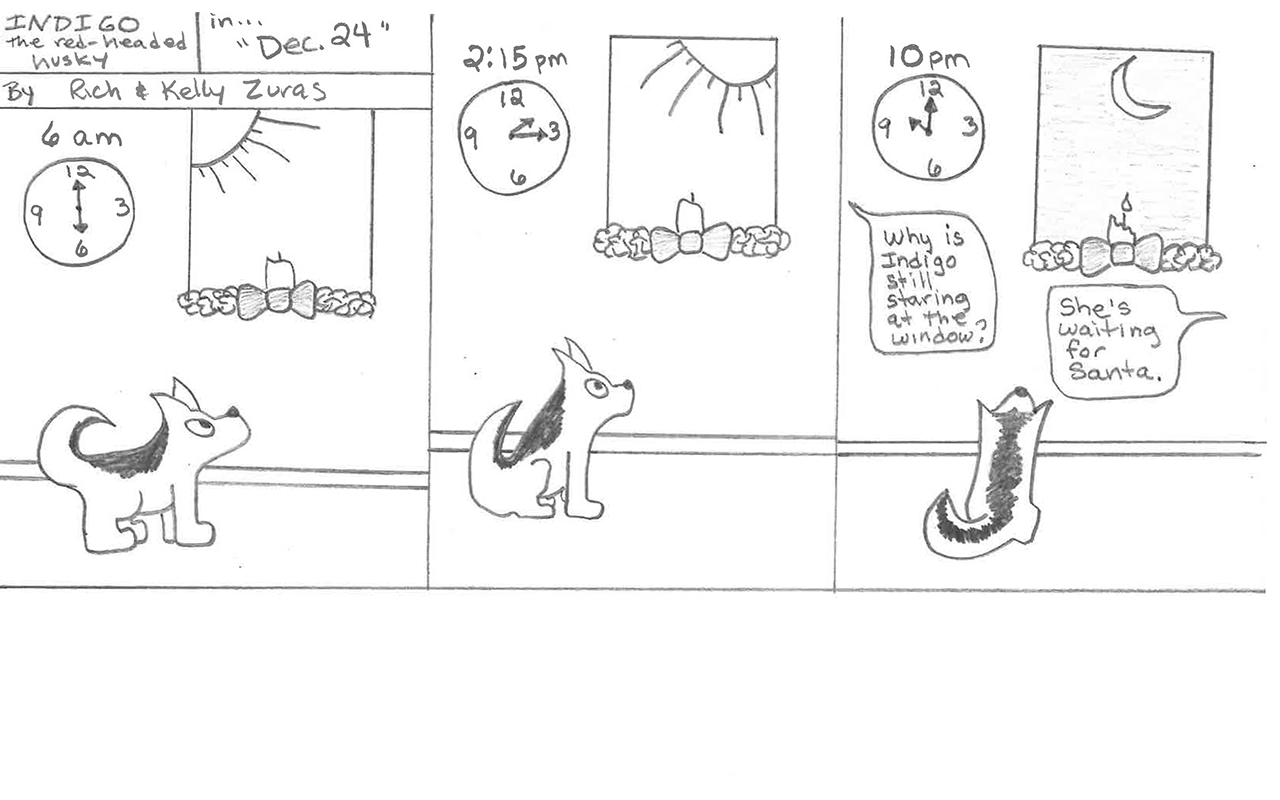A national health organization reported 50 new cases of a recently discovered influenza strain in the last few days.
The Centers for Disease Control Prevention announced that the influenza strain is known as H19N12, though many people are referring to it as the “chicken flu.”
“This is not to be mistaken for the bird flu,” Mary Gibbons, CDC communication director, said. “It is only carried by chickens. No other birds or poultry can pass it on or carry it themselves. It’s a completely separate thing.”
Gibbons said the CDC is still determining the cause for this new disease. Like any Type A flu strain, the symptoms may present as a “bad cold,” she said. People will feel tired, sore and feverish. They may have a cough, sore throat or runny nose. Sometimes vomiting will accompany these symptoms, Gibbons said.
“Treatment has not yet been determined,” she said.
Gibbons said that many victims of the virus tried to treat it like a normal flu strain. They rested, drank plenty of liquids and ate chicken noodle soup, she said. Any victim, however, who has eaten chicken noodle soup in order to treat it is now in a coma, Gibbons said. This adds up to 42 of the 50 new cases, she said.
“Do not eat chicken noodle soup if you think you have the chicken flu,” Gibbons said. “I cannot emphasize that enough.”
So far, the majority of the victims work or live on farms with chicken coops, but the virus may soon be able to pass from human to human instead of chicken to human, she said.
Burt McDonald, who owns McDonald Farm in northern Maine, said he blames himself for his wife catching the virus.
“I had no idea this would happen,” McDonald said. “She gets the eggs from the chicken coop every morning for our breakfast and nothing has ever happened before. It should have been me to get it.”
His wife, Sheri McDonald, was the first chicken flu victim to have fallen into a coma after eating chicken noodle soup. Dr. Gwenyth Spogrose of Northern Maine Medical Center is treating Sheri along with 12 other victims.
“I’ve never seen a new influenza strain hit rural areas so quickly,” Spogrose said. “The most fascinating and concerning part of it is how the flu reacts to the consumption of chicken noodle soup.”
In collaboration with the CDC, scientists are planning to conduct tests on rats with this strain of influenza and see if noodle soup without the chicken has the same effect, Gibbons said. They’ve also considered running a test on different kinds of chicken noodle soup. As far as the CDC knows, in the majority of cases that resulted in comas so far, the victims all ate the Campbell’s brand of chicken noodle soup.
Campbell’s did not respond to a request for comment.
Normally the flu goes away after rest and drinking fluids, but in extreme cases doctors will prescribe antiviral medications, Spogrose said.
“While a coma certainly qualifies as an extreme case of the flu, we are hesitant to prescribe any medication until its been tested in a lab,” she said. “We can’t risk a similarly bad reaction like the one they had to eating chicken noodle soup.”
While tests are underway and the CDC works tirelessly to figure out the cause behind the resulting comas, anyone who lives or works near a chicken coop is advised not to go anywhere near the coop or chickens for any reason.
“Just remember, for the time-being, if you’re feeling sick, don’t eat chicken noodle soup,” Spogrose said.



